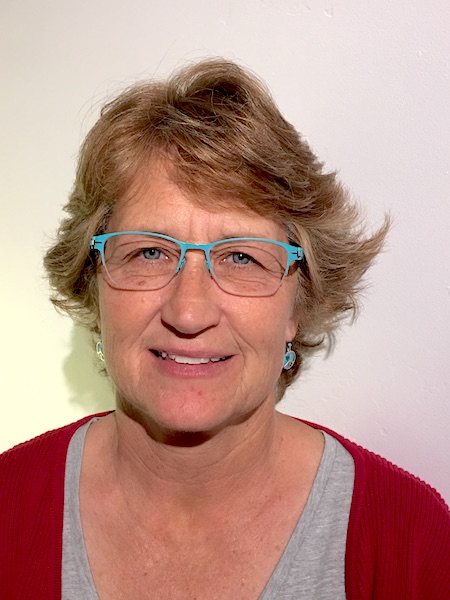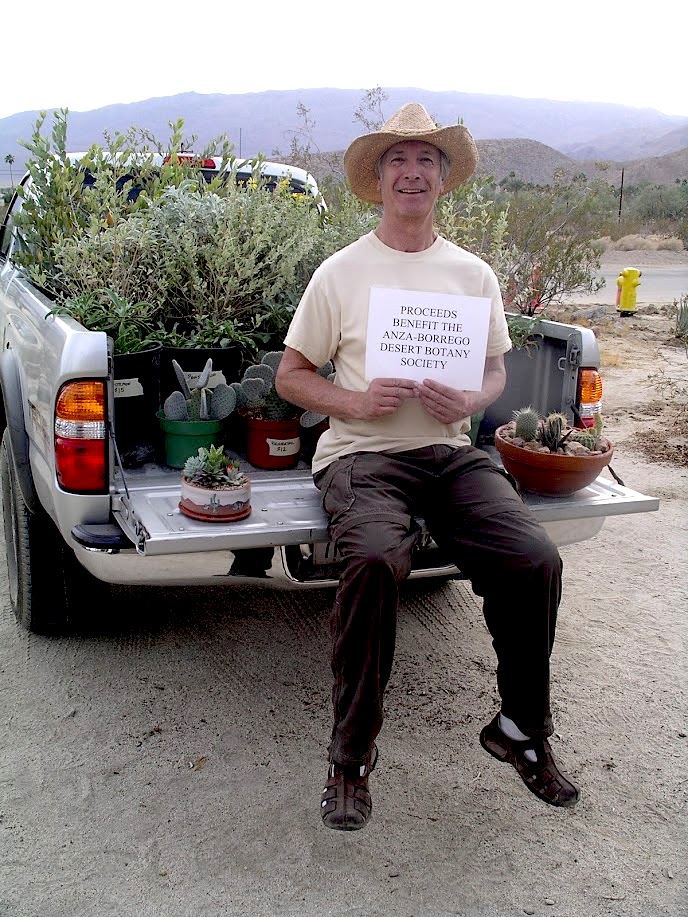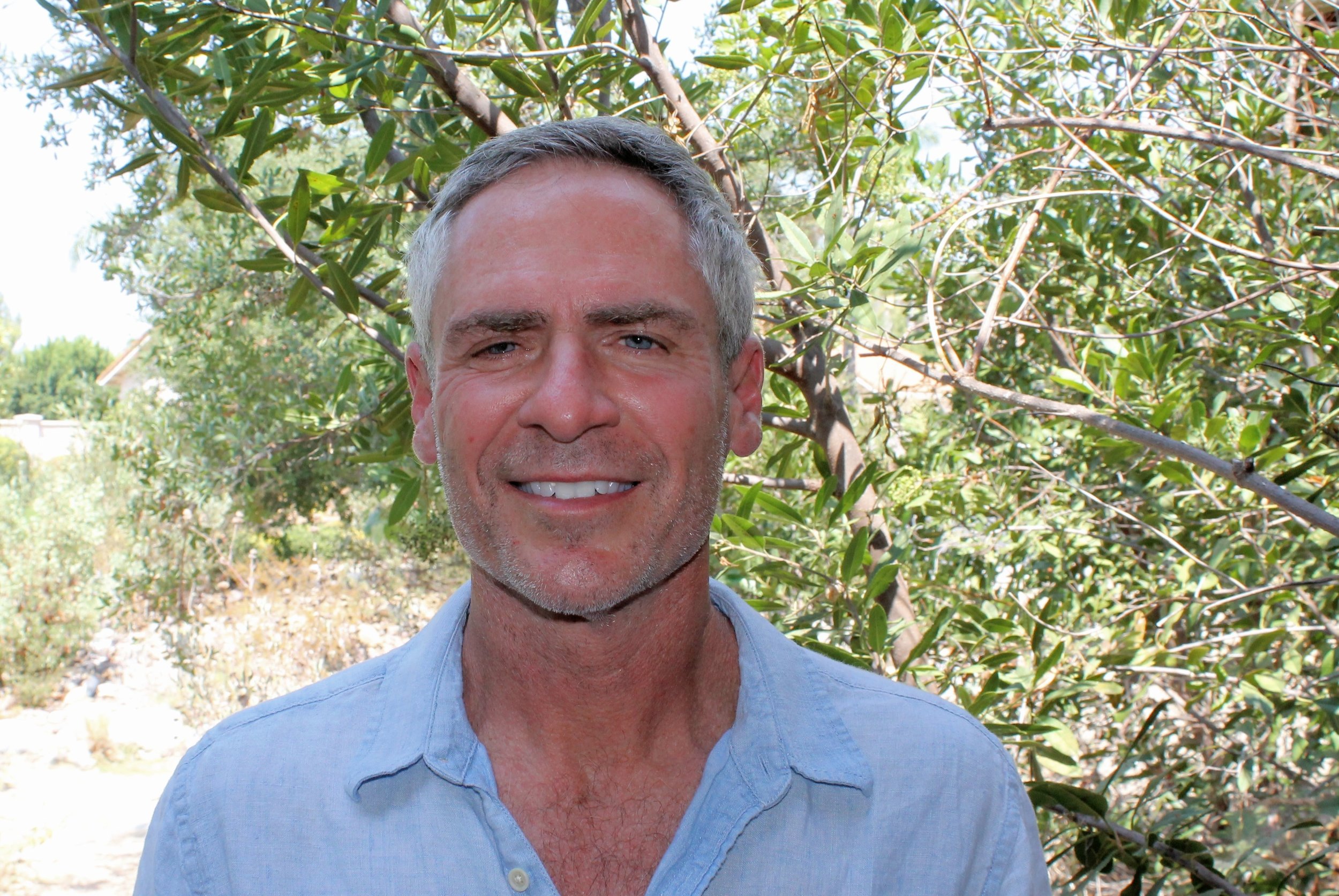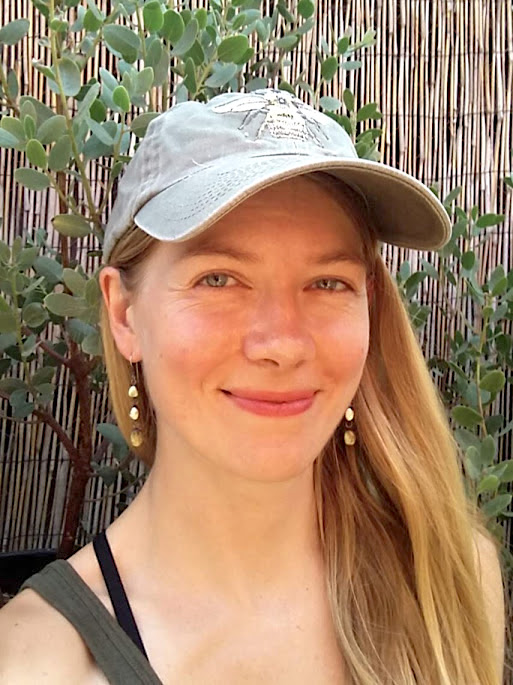COURSE CANCELED U̶C̶S̶D̶ ̶E̶x̶t̶e̶n̶s̶i̶o̶n̶ ̶C̶o̶u̶r̶s̶e̶:̶ ̶C̶a̶l̶i̶f̶o̶r̶n̶i̶a̶ ̶N̶a̶t̶i̶v̶e̶ ̶P̶l̶a̶n̶t̶s̶
THIS COURSE HAS BEEN CANCELED
This course is designed to help students develop California native plant layouts and plans for common urban settings based on an understanding of site-specific conditions. Students will learn how to incorporate California native plants into existing and planned landscapes. This series of classes combines classroom presentations with field trips to local urban landscapes, such as campuses, gardens, arboreta, and nurseries where students will explore the range of possibilities for creating successful and resilient California native landscapes.
Participants will study the elements of a successful native landscape including, but not limited to:
Self-sufficient, self-reproducing native plant communities and ecosystems, and the importance of pollinator species
Endemics, appropriate non-local native species and cultivars, nursery selections, and plant sourcing
Site preparation, soil inoculation with microbiomes, and mulching to promote healthy soil
Installation techniques and erosion/stormwater runoff controls
Irrigation, non-irrigation, and rainwater use
Desired design outcomes
Maintenance and adaptive measures
Course Dates: Mondays, 6-9pm, April 13 to June 8 and Saturdays, 9am-12pm on 5/2, 5/16, and 6/6
Course Number: ENVR-40018
Credit: 3.00 unit(s)
Instructor: Michael J. Gonzales
Natural Resources has been a focus of Mike Gonzales’ career in environmental compliance and project management in Southern California. As a biologist, Mike conducts general habitat and vegetation surveys, rare plant surveys, protocol surveys for certain special-status species, and jurisdictional delineations. He prepares and reviews biological technical reports, habitat restoration plans, resource management plans, and local and regulatory agency permit applications and associated studies in compliance with the Clean Water Act, the Federal and California Endangered Species Acts, the California Fish and Game Code, and the California Porter-Cologne Water Quality Act. He has extensive working knowledge of the National Environmental Policy Act, the California Environmental Quality Act, and stormwater compliance regulations, including environmental documents, alternatives analyses, and consistency evaluations for regional multiple species preserve documents under the Natural Communities Conservation Program.
Mike became a member of California Native Plant Society, San Diego Chapter (CNPS-SD) over 28 years ago, for one reason – to drive his Nissan pickup to the Annual Fall Sale at Balboa Park and load it up with as many native plants as could be stuffed into the truck-bed for planting in his yard. Having gained a passionate appreciation for the many benefits of “native-scapes”, he has been serving as the CNPS-SD rep on the San Diego Pollinator Alliance (SDPA) which includes the U.S. Fish and Wildlife Service, U.S. Natural Resources Conservation Service, Resource Conservation District of Greater San Diego County, Sky Mountain Permaculture Institute, and Butterfly Farms. A key accomplishment of SDPA is the Pollinator Pathway Exhibit at San Diego County Fair which provides a hands-on learning experience about how people can assist Monarch butterflies and other pollinators by taking simple conservation-related actions. It is located at “The Farm” (i.e., infield of the track at the fairgrounds) and is composed of educational and experiential components designed to inform visitors about the beauty and importance of pollinators, and why native habitat is important to them. The Exhibit displays ways that fair-goers can create and protect pollinator habitat around their homes, work, and schools, as well as other specific actions they can take to benefit pollinators.














